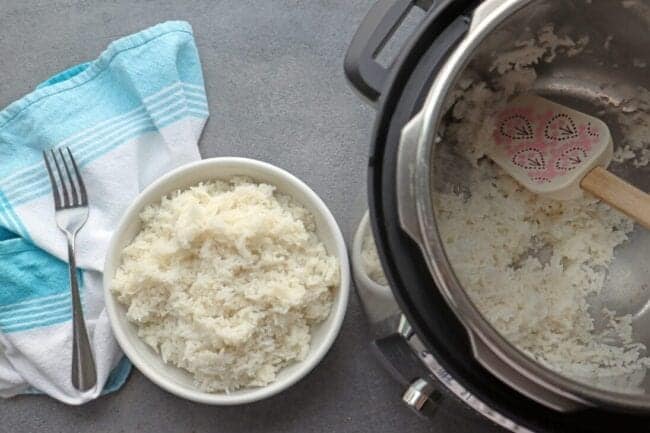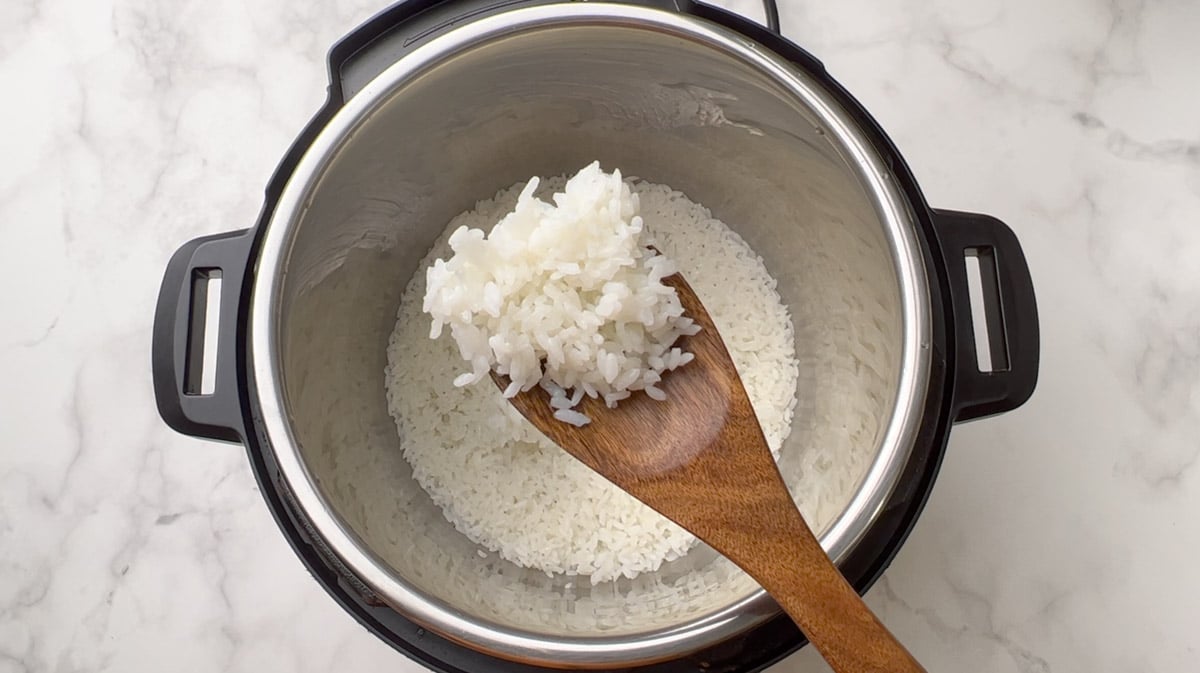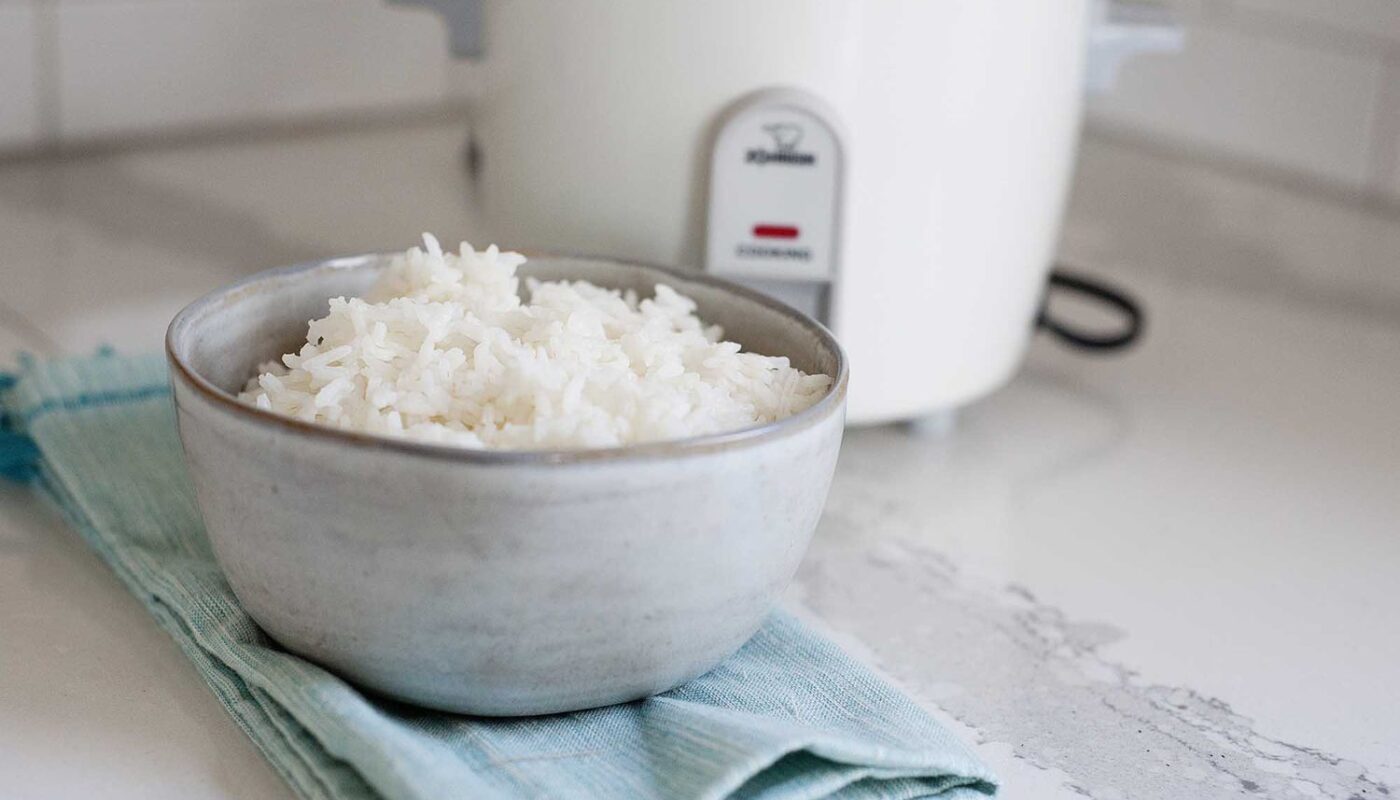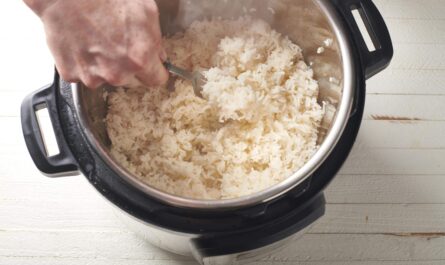The history of rice cooker is a fascinating tale of innovation and convenience. These humble kitchen appliances have revolutionized the way we cook and enjoy rice, a staple food in many cultures. From the early days of manual cooking methods to the modern electric rice cookers, the journey has been remarkable. This article will delve into the history, evolution, and impact of rice cookers, with a special focus on how they have become an essential tool for sushi lovers.

The Origins of Rice Cooking
Before the invention of the rice cooker, cooking rice was a labor-intensive process. Traditionally, rice was boiled in pots over open flames, requiring constant attention to ensure the rice was cooked evenly and didnt burn. This method was not only time-consuming but also required a certain level of skill to perfect.
Early Innovations in Rice Cooking
The first significant innovation in rice cooking came with the introduction of cast iron pots. These pots distributed heat more evenly and retained it longer, making the cooking process more manageable. However, it wasnt until the early 20th century that the first rice cooker prototype emerged in Japan.
The Birth of the Electric Rice Cooker
The first electric rice cooker was invented by Mitsubishi Electric in 1945. This early model was a simple, boxy device that used a heating element to cook the rice. It was a significant step forward, as it automated the cooking process, freeing up time for homemakers and chefs alike.
Development and Commercialization
In 1955, Toshiba introduced the first commercially successful electric rice cooker. This model was equipped with an automatic turn-off function, which was a game-changer. It ensured that the rice was cooked perfectly every time without the need for constant supervision.
How Rice Cookers Became Indispensable
The convenience and reliability of electric rice cookers quickly made them a staple in households across Japan. As word spread, their popularity grew in other rice-consuming countries as well. This was particularly true in regions where rice is a central part of the diet, such as Southeast Asia and parts of Africa.
Impact on Sushi Preparation
For sushi lovers, the history of rice cooker is closely tied to the art of sushi making. The precise cooking of rice is crucial in sushi preparation, and rice cookers provide the consistency needed for this delicate craft. With a rice cooker, sushi chefs can achieve the perfect texture and flavor, essential for high-quality sushi.
Modern Rice Cookers
Today’s rice cookers are a far cry from their early predecessors. Modern models come equipped with advanced features such as fuzzy logic, induction heating, and multiple cooking settings, allowing users to cook various types of rice and other grains with ease.
Technological Advancements
The introduction of microprocessor-controlled rice cookers in the 1980s marked another significant milestone. These cookers use fuzzy logic technology to adjust cooking times and temperatures, ensuring perfect results every time.
The Global Spread of Rice Cookers
As rice cookers became more sophisticated, their popularity continued to grow globally. Today, they are a common fixture in kitchens around the world, from Asia to America and beyond.
Adoption in Western Kitchens
In recent years, there has been a surge in the popularity of rice cookers in Western countries. This trend is driven by the rise of international cuisine, including sushi, and the growing appreciation for the convenience and versatility of rice cookers.
The Role of Rice Cookers in Sustainable Cooking
Rice cookers are not only convenient but also energy-efficient. They use less electricity than traditional stovetop methods, making them a more sustainable option for cooking rice. This efficiency has made them an attractive choice for environmentally conscious consumers.
Innovations in Eco-Friendly Designs
Manufacturers are continuously working to improve the environmental impact of rice cookers. Newer models boast eco-friendly features, such as energy-saving modes and materials that reduce environmental impact.
The Future of Rice Cookers
The future of rice cookers looks promising, with innovations aimed at enhancing user experience and improving efficiency. As technology continues to evolve, we can expect even more advanced models that cater to the diverse needs of consumers.
Smart Rice Cookers
The next wave of rice cooker technology includes smart cookers that can be controlled via smartphone apps. These devices offer users the ability to start, stop, and monitor the cooking process remotely, adding a new level of convenience to rice cooking.
Conclusion
The history of rice cooker is a testament to human ingenuity and the quest for convenience in the kitchen. From its humble beginnings to its status as an indispensable kitchen appliance, the rice cooker has transformed the way we cook and enjoy rice. For sushi lovers, it is an essential tool that ensures the perfect preparation of rice, the heart of every sushi dish.

FAQs
What was the first electric rice cooker?
The first electric rice cooker was invented by Mitsubishi Electric in 1945. It was a simple device that used a heating element to cook the rice.
Why are rice cookers important for sushi making?
Rice cookers provide the consistency needed for sushi preparation, ensuring that the rice has the perfect texture and flavor essential for high-quality sushi.
How have rice cookers evolved over time?
Rice cookers have evolved from simple, manual devices to sophisticated appliances with features like fuzzy logic, induction heating, and smart technology.
For more insights on different types of rice cookers, you can check this article on rice cooker types.
Learn how to make delicious dishes using crispy rice or try a rice burrito bowl with leftovers for a creative twist.
This article contains affiliate links. We may earn a commission at no extra cost to you.




